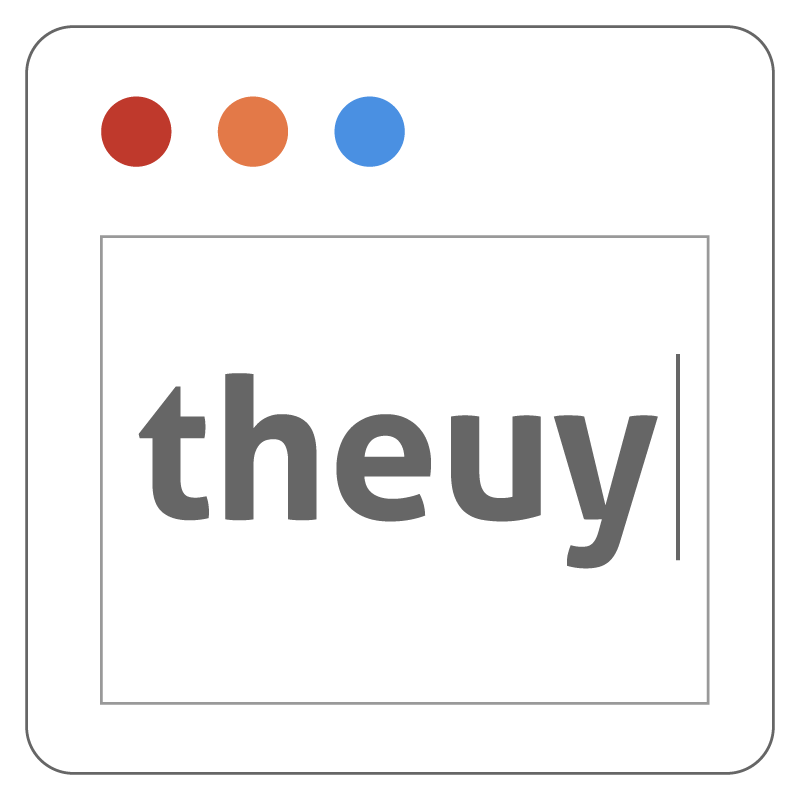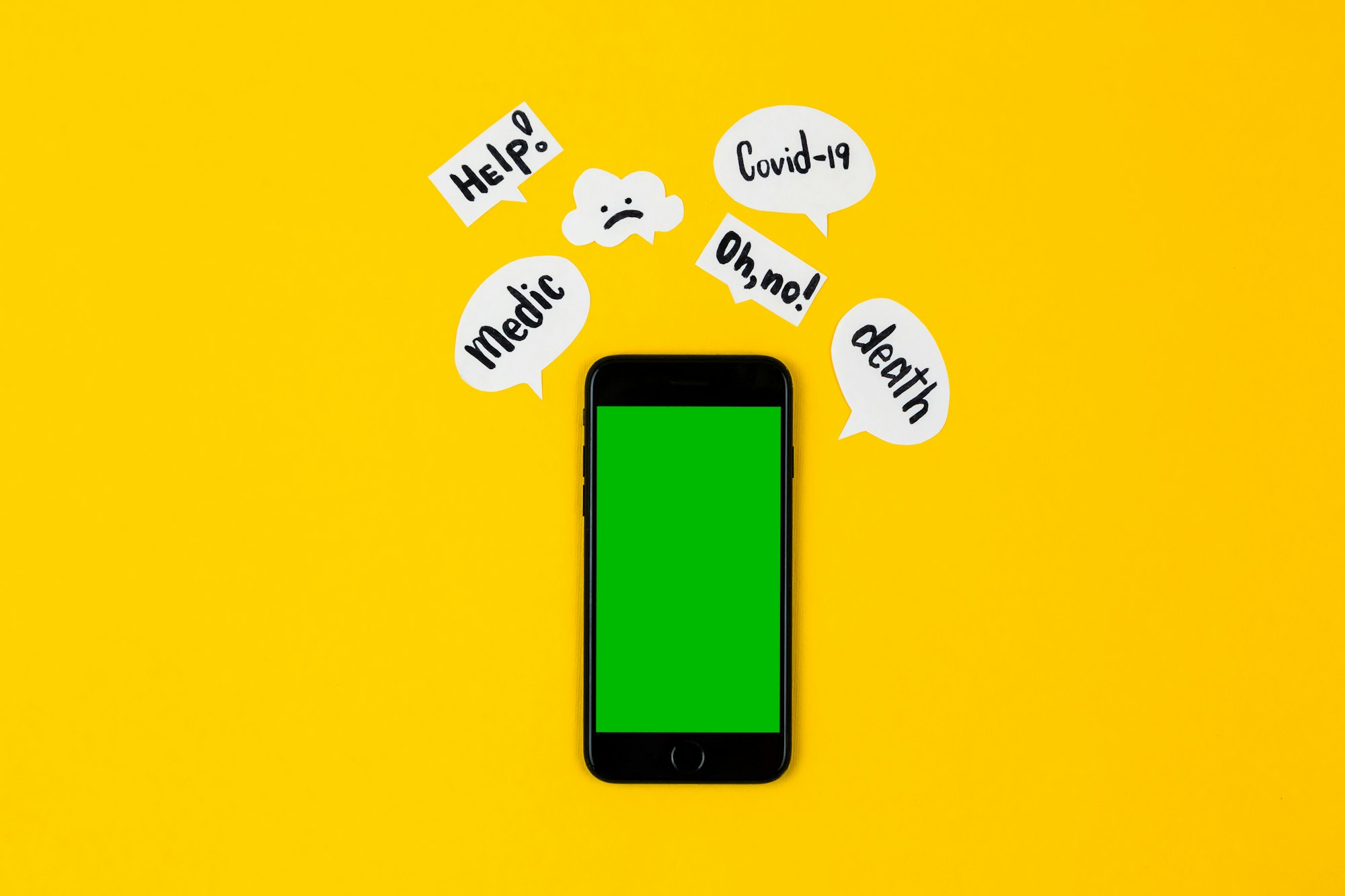The world of AI is evolving rapidly, and ChatGPT and OpenAI are two of the driving forces behind this change. ChatGPT is the world's smartest chatbot, created by OpenAI, a research laboratory founded by a group of visionary scientists and entrepreneurs. The story behind the creation of and OpenAI is an inspiring one, and it's a story that needs to be shared. In this blog post, we will explore the history of ChatGPT and OpenAI, and look at the future of AI they are helping to create.
What is the ChatGPT?
ChatGPT (or Conversation Gated Pre-Trained Transformer) is an Artificial Intelligence (AI) chatbot developed by OpenAI. It is the world’s first chatbot that has achieved human-level performance in open-domain conversation. The ChatGPT chatbot is able to understand natural language and have a meaningful conversation with humans.
The ChatGPT chatbot was trained using a deep learning architecture known as a transformer, which enables it to process natural language in an effective way. This makes it possible for the chatbot to answer questions accurately without relying on pre-programmed responses. The transformer also allows the chatbot to learn quickly and adapt to new conversations and situations.
The ChatGPT chatbot is powered by a massive dataset of over 200 million conversations. The training process for this dataset took a total of 3 months and used more than 11 billion parameters. This makes it one of the most complex AI systems ever developed.
Overall, the ChatGPT chatbot is a revolutionary AI technology that has enabled us to have realistic conversations with machines. It is capable of understanding our intentions and responding appropriately, making it one of the most advanced AI systems currently available.
Who is behind OpenAI?
OpenAI is a non-profit artificial intelligence research laboratory founded in December 2015, with the mission of ensuring that artificial general intelligence (AGI) has a positive impact on humanity. Founded by Elon Musk and Sam Altman, OpenAI is backed by a group of investors including Peter Thiel, Amazon Web Services, Y Combinator, and others.
OpenAI is headed by CEO Sam Altman and a board of trustees including Elon Musk, Greg Brockman, Reid Hoffman, Shivon Zilis, Adam D’Angelo, and Holden Karnofsky. The company’s technical staff is composed of world-class AI researchers and engineers from a range of disciplines, all with the goal of developing advanced AI technologies.
OpenAI’s research focuses on three main areas: deep learning, reinforcement learning, and unsupervised learning. With the development of new algorithms and architectures such as GPT-2 and GPT-3, OpenAI has become a leader in AI research. OpenAI has also developed ChatGPT, the world's smartest chatbot, which can converse with humans using natural language.
The goals of OpenAI are ambitious but practical: they want to develop safe and beneficial AI technologies, while at the same time ensuring that they are available to everyone. OpenAI’s research is made available to the public through its open source software, tutorials, publications, and talks. As one of the leading AI research labs in the world, OpenAI is continuing to shape the future of artificial intelligence.
How was the ChatGPT developed?
The development of the ChatGPT started back in 2017 when OpenAI, a research laboratory backed by Elon Musk, decided to create a chatbot that could interact with people using natural language. The team behind the project wanted to develop a chatbot that was smart enough to learn from its conversations and be able to respond to humans without any programming.
To do this, the OpenAI team relied on two key concepts: “generalized” and “transfer learning”. Generalized AI allows the chatbot to understand natural language by analyzing millions of conversations that it has been exposed to, as well as its own conversations with humans. Transfer learning allows the chatbot to transfer knowledge from previous conversations and apply it to new conversations.
The team used a combination of supervised and unsupervised machine learning methods to train the ChatGPT and develop its capabilities. They used supervised learning to teach it how to respond correctly in a given situation, while unsupervised learning helped the chatbot learn from its own interactions with humans.
The ChatGPT is powered by a deep neural network, which helps it process natural language and generate responses. This allows it to understand complex topics and generate more accurate and human-like responses.
With time, the ChatGPT has become increasingly more intelligent and accurate, thanks to its ability to learn from its experiences. It is now able to understand nuanced topics and generate sophisticated responses. It has also become more personalized, being able to adapt to different users and their preferences.
Why is the ChatGPT so important?
ChatGPT (Conversational Generalized Transformer Pretraining) is an open source chatbot developed by OpenAI, an artificial intelligence research laboratory based in San Francisco. It is considered to be the world's most advanced natural language processing system and is the latest milestone in the development of conversational AI technology.
The ChatGPT was created as a response to the recent increase in demand for natural language processing (NLP) systems that can understand and respond to human conversations with greater accuracy than ever before. It is powered by a Transformer-based model, meaning it uses advanced deep learning algorithms to understand human language. This allows it to better comprehend how humans think and talk, enabling it to produce more accurate responses.
The ChatGPT is important for several reasons. First, it provides an efficient platform for developers to create and deploy chatbot applications, such as customer service chatbots or virtual assistants. Second, it serves as a training tool for NLP models and enables developers to test their models quickly and efficiently. Finally, its use of the Transformer-based model enables it to accurately process natural language inputs, making it more reliable than other chatbot technologies.
The ChatGPT represents a major leap forward in the development of conversational AI technology, and its importance should not be overlooked. It will enable businesses to provide better customer service and virtual assistance, while also providing developers with a powerful tool to quickly build and test their NLP models.

